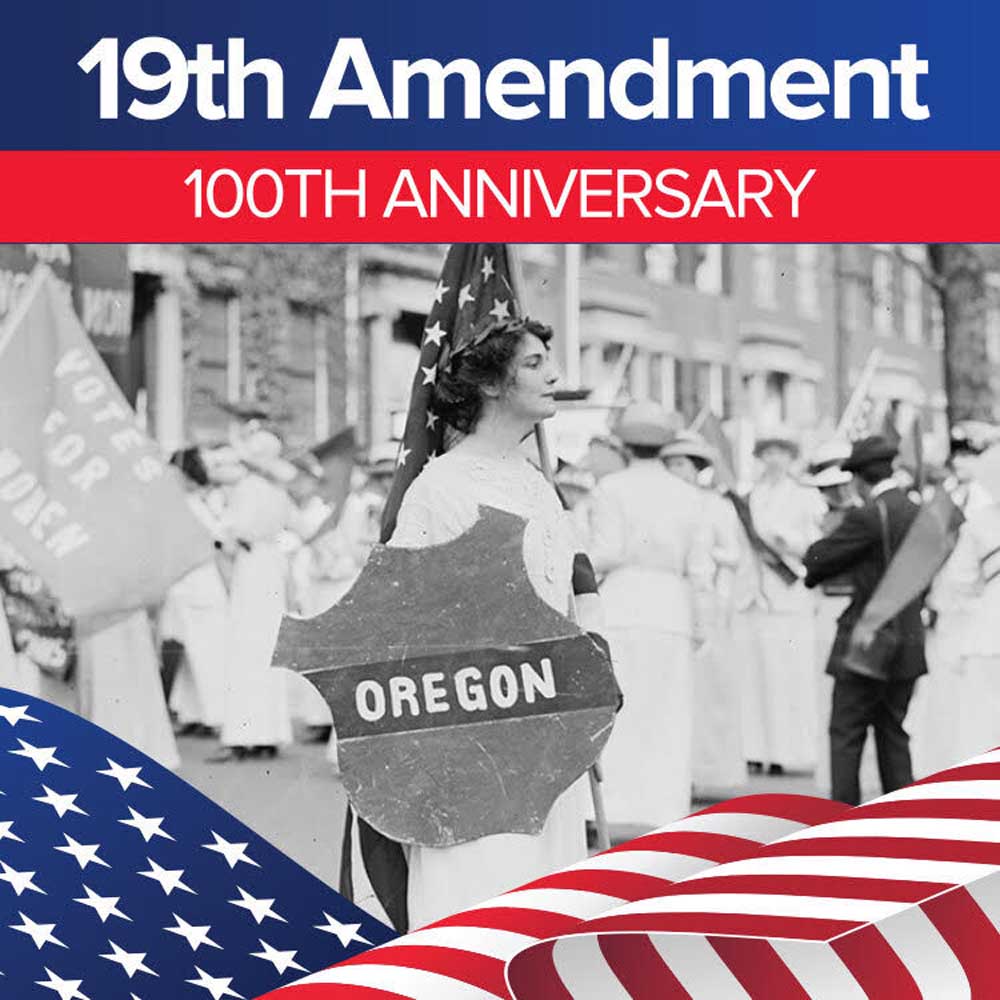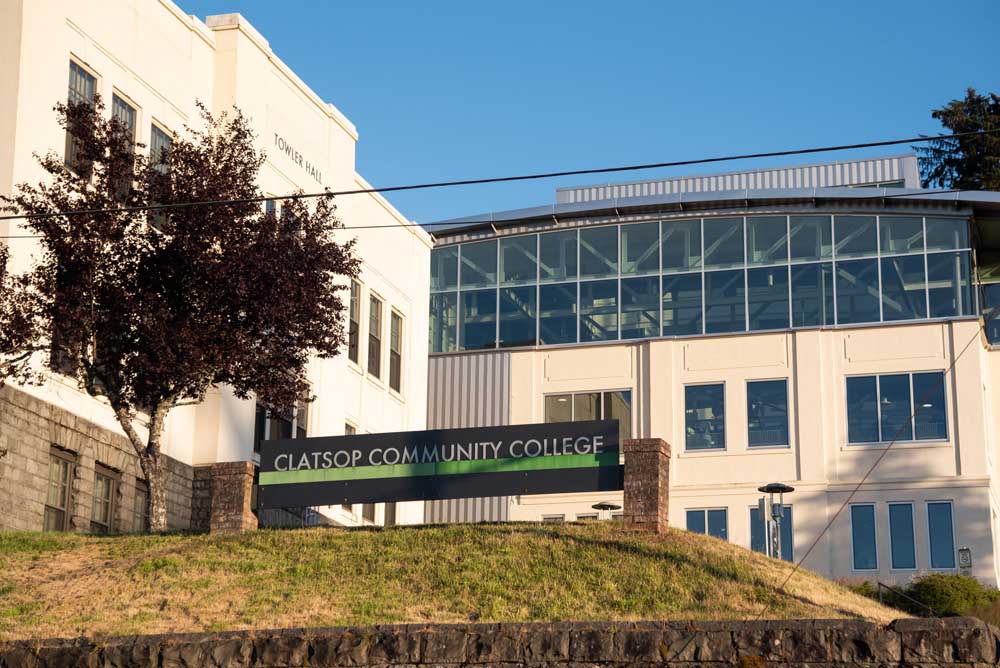Guest Column: Equality is what I expect
Published 12:30 am Saturday, August 29, 2020

- 19th Amendment logo
It’s hard to know where to start and end when asked to share personal reflections on the ratification of the 19th Amendment.
Trending
I consider myself to be only average in my knowledge of U.S. history. So, starting out, I took a closer look at the whole process.
The PBS special, “The Vote,” taught me a lot. One takeaway for me was, I stand on the shoulders of the women who came before me. This may be an overused metaphor, but it is also very true.
The work done in the 1800s by the first suffragettes did not yield results. Prevailing attitudes continued. Sources offer the following as typical attitudes: Women would annul their husband’s votes. Women didn’t care about the vote. Having the vote would cause women and men to compete instead of cooperate.
Trending
Another objection was that women’s votes would outnumber men’s votes, creating petticoat rule. And an infuriatingly demeaning direct quote, “You do not need a ballot to clean out your sink spout!” This said of intelligent, talented, capable women. I am what a friend calls a third-wave feminist, due to my age, but these comments cause my blood to boil.
As women became increasingly involved in work outside the home to support the efforts of World War I, momentum built. Women became active in the labor movement. Suffragettes gained greater public voice. They worked tirelessly. There was dissension among them.
At the same time, some suffragettes committed civil disobedience. They lectured, marched and protested. Having the ear and ultimately the backing of powerful men, like President Theodore Roosevelt, helped. President Woodrow Wilson turned the tide.
This decadeslong difficult and often disappointing challenge created the largest expansion of voting rights in our nation’s history. It marked a place in the changing role of women in our society.
What happened after the ratification on Aug. 18, 1920? Even a small institutional change has to be resourced, promoted and procedures revised. States had adaptations to make. And then, as is often the case with institutional change, there was more resistance.
According to an American Bar Association article, Arkansas, Georgia, Mississippi and South Carolina did not allow women to vote in the 1920 election because the voter registration cutoff date was prior to the ratification of the amendment.
Other states extended the registration deadline or made other accommodations. Massachusetts initiated a poll tax. Connecticut and Massachusetts instituted a literacy test. Connecticut added a morals clause and a long residency requirement.
To the good, both major political parties formed advocacy groups to mobilize women voters. Women were invited to issue-based presentations. The National American Woman Suffrage Association became what we know today as the League of Women Voters.
After ratification, turnout of women voters varied widely from place to place. Some polls were swarmed by women. In other places, it was said that the suffrage movement was a failure. Voter statistics were not kept and the modeling based on the census that we see today was not done in the 1920s, so we don’t have good data on how this unfolded.
But the margin of women voters very gradually increased. Finally, with the Voting Rights Act of 1965 prohibiting discriminatory acts toward Black voters, there was greater and safer opportunity for Black women and men to casts their votes.
This is one more success story in the history of our country where there has been opportunity and where there has been so much pain and sacrifice. Our country, that aspires to treat all people equally, but still struggles. Equality is what I expect, and feel is the right and only acceptable practice.
I wonder if our Founding Fathers intended to say that all people should be treated equally. Or, when they wrote the Constitution, did they intend to say that all white men of means were equals and the rest of us should be subjugated or just left to fend for ourselves?
They had slaves, so it seems that while their expression of equality could be viewed as grand, their actual practices did not follow suit. It’s confusing and we are working this out to the present day. But the matter of women’s voting rights, at least, is settled.
It’s tempting to continue the discussion about current problems with voting, gender equity, to talk about prejudices and the causes and conditions of all marginalized people in this country.
But, let’s stop for now. The subject here is the ratification of the 19th Amendment. We have occasion to celebrate and be grateful.
According to my sources, today women are voting at an even higher rate than men. This change, incremental though it was, this shift of power, hard fought and won, is most of what it was set out to be. We can be inspired by this accomplishment.
In Clatsop County, the deadline for registering to vote in the November election is Oct. 13. It’s simple and safe because we vote by mail. There’ll be national, state and local candidates on the ballot.
You can find voter registration information through the county clerk’s office or register to vote online. Talk to people with whom you share perspectives, read the paper, listen to the radio and to podcasts, attend a candidates’ forum and read your voters’ pamphlet.
Inform yourself of the current issues, then exercise your right to vote. Don’t take it for granted.








